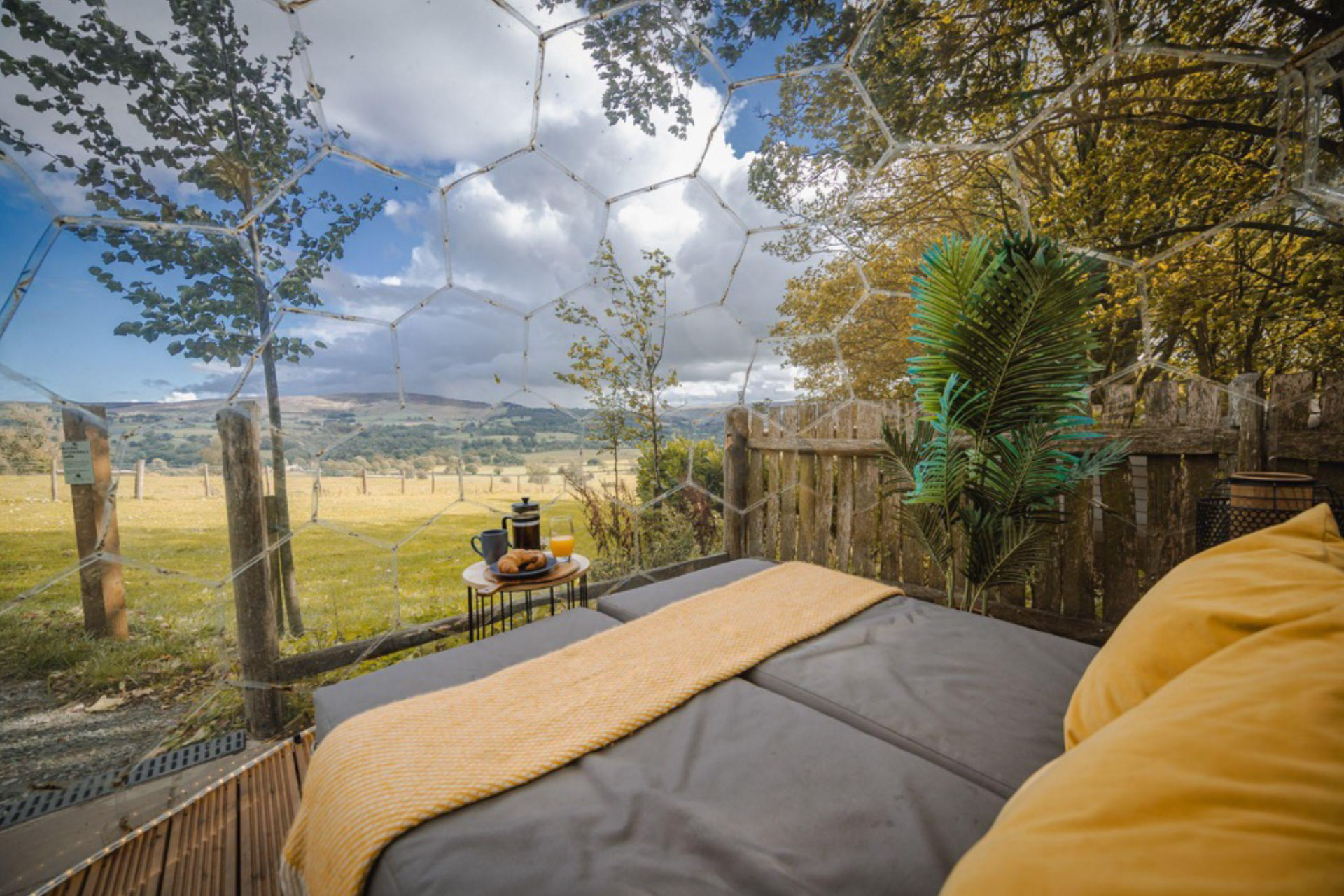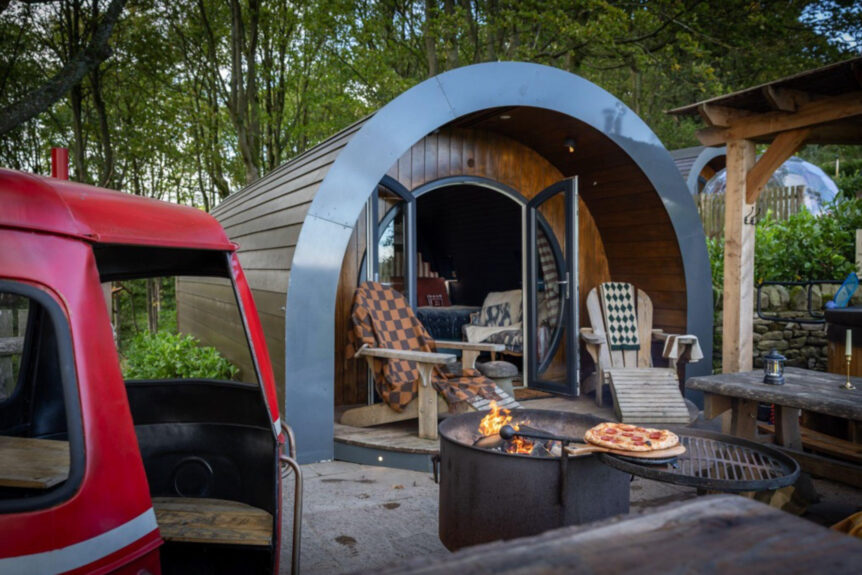As a hospitality consultant and brand consultant, I spend much of my time looking ahead and helping businesses anticipate trends before they become mainstream. Right now, there’s one shift I believe will define the travel and hospitality sector in 2026: the rise of wellness escapes and…
Why Wellness Escapes Will Define 2026.
Travellers are swapping packed itineraries for slower, more mindful journeys. They’re seeking spaces that allow them to breathe, reconnect, and restore balance. This isn’t a passing fad either, it’s a structural change in how people want to travel, and it has been slowly building in popularity since the pandemic.
And for the hospitality industry, it represents both a challenge and an incredible opportunity.
The Data Behind the Movement
Wellness escapes are no longer niche. A WeTravel survey shows 90% of wellness experiences are now customised for the individual. This is up 14% from 2019. The Global Wellness Institute also reports that wellness tourism is growing more than twice as fast as general tourism.
Spending time in nature also carries measurable benefits. Studies by the Mental Health Foundation and Loughborough University confirm that even 120 minutes a week outdoors can boost mood, reduce stress, and improve immune function. This is exactly the kind of evidence that explains why wellness travel is booming.
For me, these figures don’t just represent statistics. They mirror what I see daily when mentoring hospitality clients. Guests no longer want a simple getaway, but instead, they crave transformation.

Case Study: Catgill and Howgill Lodge
At Catgill Farm and Howgill Lodge, my consultancy clients, I’ve been helping to position their offering at the heart of this trend.
We’ve looked at:
● Accommodation designed for wellness – packages for their glamping pods, lodges, and bell tents that combine comfort with quiet connection to nature.
● Nature-led settings – alpaca walks and a brand-new venue that makes the most of its beautiful surroundings.
● Targeted brand strategy – shifting messaging from “last-min getaways” to “reset, recharge, reconnect,” making it clear that this is about more than just a night away.
This is the role of a hospitality consultant: shaping not just operations, but the narrative that attracts the right guest, builds brand loyalty, and secures long-term growth.
Blended Travel: Work + Wellness
The rise of corporate “bleisure” travel is another area where mentoring pays off. Increasingly, companies are looking for retreats that merge productivity with wellness. This is ample opportunity for my expertise.
I advise hospitality businesses to prepare for:
● Work + stay packages – fast WiFi and meeting spaces balanced with wellness itineraries.
● Corporate bonding through nature – guided outdoor activities that double as team building.
● Flexible retreat formats – spaces that allow employees to work remotely while reconnecting with themselves and their colleagues.
At Catgill and Howgill, we’ve started to introduce exactly these hybrid models. It’s part of helping brands not just keep up with trends… but stay ahead of them.
Why Nature Matters More Than Ever
Scientific evidence continues to prove what many of us already know instinctively: nature restores us. Research from King’s College London shows that biodiversity – birdsong, varied plant life, water – creates deeper wellbeing benefits than simply ‘being outdoors’.
For hospitality businesses, this is more than a marketing line. It’s a call to design authentic, nature-led experiences that truly improve guest wellbeing.
The Consultant’s Forecast: 2026 and Beyond
Looking ahead, my advice as a hospitality consultant and mentor is clear:
● Flexible work + wellness models will dominate – expect more demand for corporate escapes that balance productivity and calm.
● Authenticity will matter more than aesthetics – guests want genuine connection, not just Instagram backdrops.
● Brand storytelling must evolve – businesses need to shift their messaging from “getaway” to “restoration,” from “escape” to “experience.”
Final Word
As a consultant, my role is to help hospitality brands. From boutique hotels to glamping retreats, I show them how to understand and adapt to what’s coming next. The rise of wellness escapes is not simply a trend; it’s a movement towards more intentional, restorative travel.
And for businesses that act now, it’s a chance not just to survive, but to thrive.



